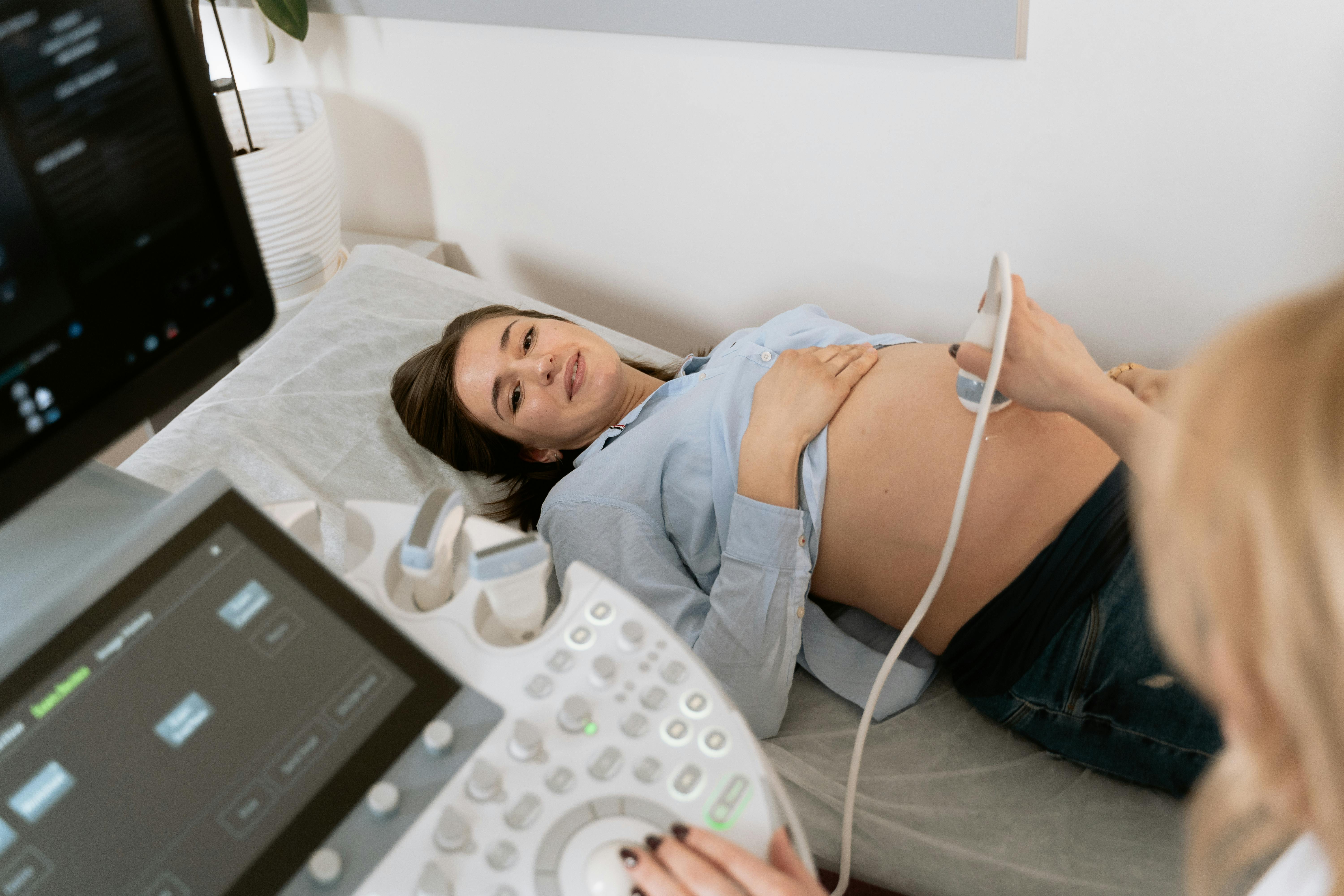Up until recently, fertility experts believed that ovulation depended only on the ovaries. That has changed in 2013 following the discovery of estrogens produced by hypothalamus. Now new research that may help treat at least some cases of unexplained infertility has revealed the importance of brain estradiol to the ovulation process.
The menstrual cycle is regulated by the hypophysis and the hypothalamus, which are located in the brain. The hypophysis produces hormones that stimulate ovaries to begin making an estrogen called estradiol. When its concentration in the bloodstream reaches a sufficient level, a surge of lutropin (LH), which signals the ovaries to release an oocyte, occurs.
For a long time, experts believed that ovulation depended solely on estrogen produced in the ovaries. However, the discovery of brain estradiol a few years ago made scientists reconsider their position. According to results of an animal study at the University of Wisconsin-Madison, which were published earlier this month in the Proceedings of the National Academy of Science journal, it actually plays a crucial part in the process.
The study found that when the brain was inhibited from producing estrogens, the LH surge was insufficient to induce the release of an oocyte. Researchers concluded that while estrogen from the ovaries sets the ovulation process in motion, brain estrogen is required to complete it.
These findings may pave the way to new unexplained infertility treatment, a diagnosis that describes a situation when doctors are unable to identify the reasons one is unable fall pregnant. It is diagnosed in approximately 1 in 3 women who seek fertility treatment.

















